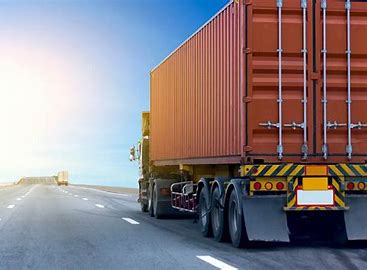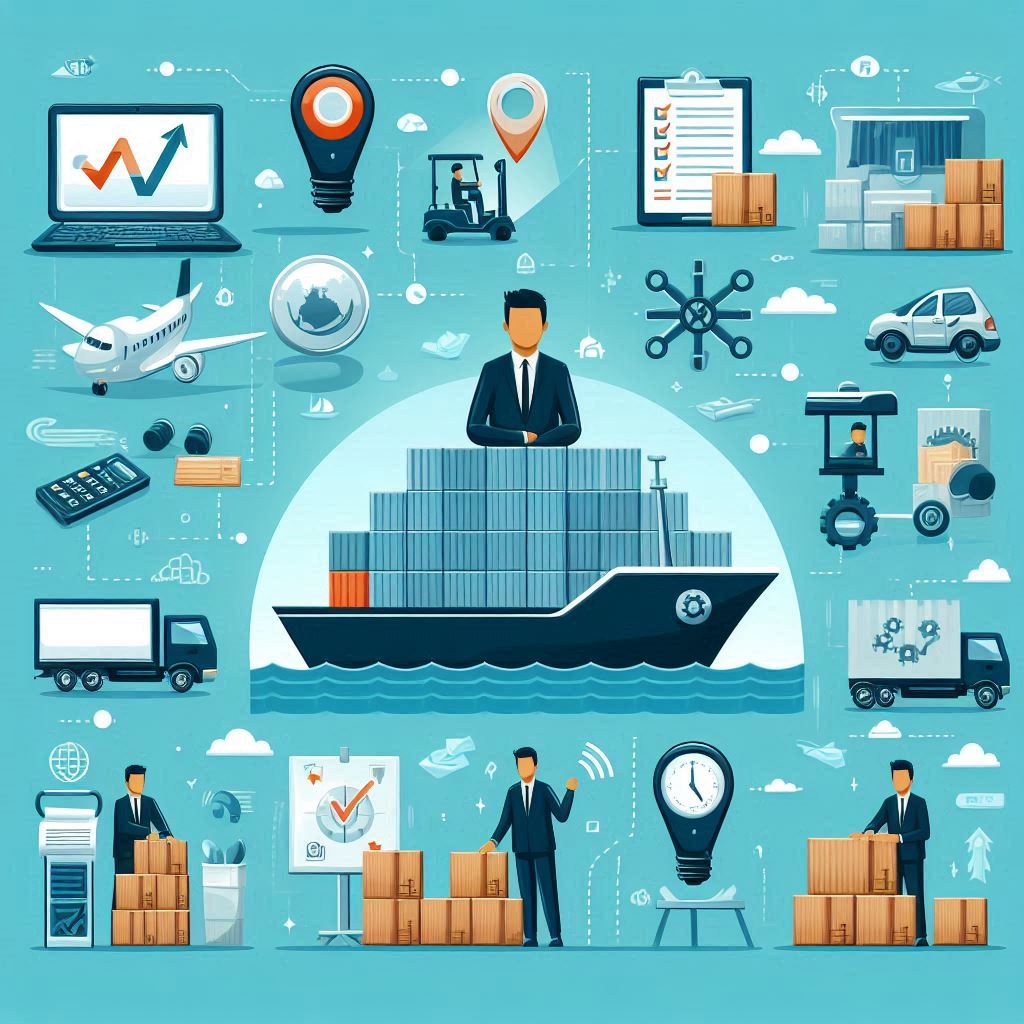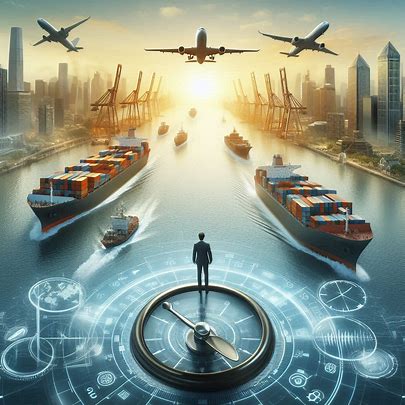Road freight needs to address two main challenges to ensure its future viability. The first is the environmental challenge, because trucking must become greener and more sustainable to remain competitive; the second is the human resources issue.
Digitization and Autonomous Driving for Trucks
Digitization is making progress in all areas of business and technology. As far as mobility is concerned, the functionality of vehicles is being enhanced by digital technology. In addition, digitization is opening up promising prospects in terms of autonomous driving. For transport logistics, self-driving trucks are an option to meet the challenges of high freight volumes and staff shortages.
For one thing, autonomous delivery vehicles could relieve logistics companies of staffing problems. In addition, computer-controlled vehicles can optimize driving and, via networking, traffic flow. The resulting energy savings have a positive impact on the environmental balance. Finally, autonomous trucks can improve overall road safety because computers do not make human errors – still the most common cause of accidents.
Despite all the remarkable progress, however, autonomous technology has not yet advanced so far that autonomous driving is an option for the near future. Legal issues also need to be clarified and the infrastructure adapted. To promote development, Deutsche Post DPDHL Group is actively involved in autonomous driving projects. For example, DHL is working with the Californian start-up Ike, which aims to make freight traffic on highways safer and more reliable through automation.
Alternative Drives
To improve the environmental sustainability of road freight, vehicle engines are a promising starting point. In the European political discourse, electric motors currently appear to be the most promising solution for the future, but other forms of propulsion and fuels also offer potential that has not yet been fully exploited: e.g., solutions using hydrogen, synthetic fuels, or liquefied gas. DHL Freight is closely monitoring developments to ensure the highest possible environmental compatibility for its own fleet.
As far as the sustainability of the already widespread e-vehicles is concerned, it depends directly on the source of the electricity used. For this reason, e-mobility is currently still subject to a differentiated evaluation, but with the exclusive use of green electricity targeted for the future, it has genuine added ecological value. In inner cities, e-vehicles offer this added value already today: by eliminating noise and direct pollutant emissions – for example, DHL’s electrically powered parcel delivery vehicles. But the role of alternative drives will steadily increase for large trucks as well.
#mcmglobalrecruitment #airfreight #seafreight #railfreight #roadfreight #shippingcontainers #freightforwarding






